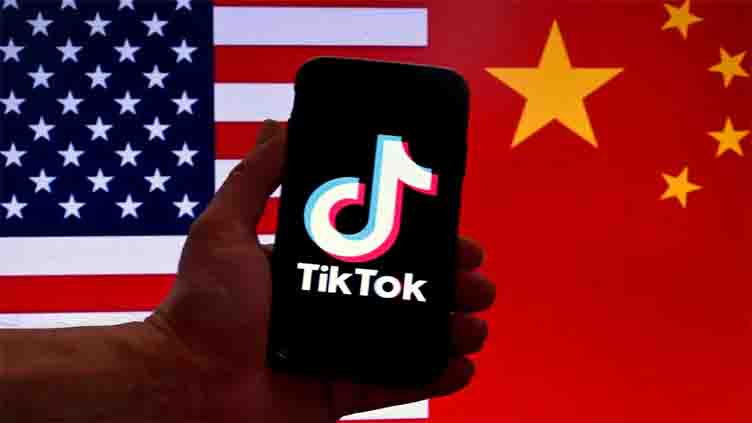ACLU says US House bill that could ban TikTok is unconstitutional

Technology
Lawmakers seek to force ByteDance to divest TikTok or face US ban
WASHINGTON, (Reuters) - The American Civil Liberties Union said a bill in the U.S. House of Representatives that would force Chinese-based ByteDance to divest short video app TikTok or face a U.S. ban is unconstitutional.
The House Energy and Commerce Committee is set to vote on the bipartisan proposal on Thursday that its sponsors say is motivated by national security concerns.
"We're deeply disappointed that our leaders are once again attempting to trade our First Amendment rights for cheap political points during an election year," said Jenna Leventoff, senior policy counsel at the ACLU.
The group cited a November ruling from a U.S. judge that blocked Montana's state ban on free speech grounds.
Representative Mike Gallagher, the Republican chair of the House of Representatives' select China committee and Representative Raja Krishnamoorthi, the top Democrat, are introducing legislation along with more than a dozen other lawmakers to address national security concerns posed by Chinese ownership of the app.
"This is my message to TikTok: break up with the Chinese Communist Party or lose access to your American users," Gallagher said. "America’s foremost adversary has no business controlling a dominant media platform in the United States."
The bill would give ByteDance 165 days to divest TikTok, which is used by more than 170 million Americans, or it would be unlawful for app stores operated by Apple, Google and others to offer TikTok or to provide web hosting services to ByteDance-controlled applications.
The bill would not authorize any enforcement against individual users of an affected app.
"This bill is an outright ban of TikTok, no matter how much the authors try to disguise it," a company spokesperson said Tuesday.
"This legislation will trample the First Amendment rights of 170 million Americans and deprive 5 million small businesses of a platform they rely on to grow and create jobs."
TikTok says it has not and would not share U.S. user data with the Chinese government.
Still, the app is very popular and getting legislation approved in an election year may be difficult. Last month, Democratic President Joe Biden's re-election campaign joined TikTok.
The bill would give the president new powers to designate apps of concern posing national security risks and face bans or restrictions absent divestiture.
It would apply to apps with "over one million annual active users, and is under the control of a foreign adversary entity."
Senate legislation to ban the popular app stalled in Congress last year in the face of heavy lobbying by TikTok. The bill marks the first significant legislative move toward banning or forcing ByteDance to divest the app in nearly a year.
The new bill is aimed at bolstering the legal authority to address TikTok concerns. Biden's predecessor, Republican Donald Trump, tried to ban TikTok in 2020 but was blocked by U.S. courts.
A U.S. judge in late November blocked Montana's first-of-its kind state ban on TikTok, saying it violated the free speech rights of users.


